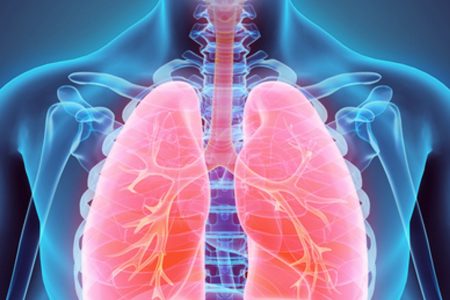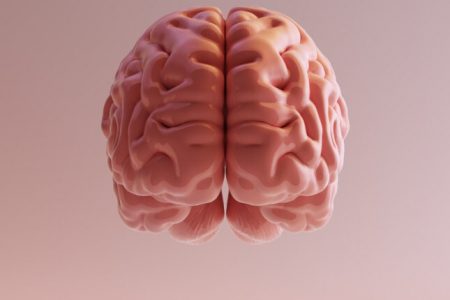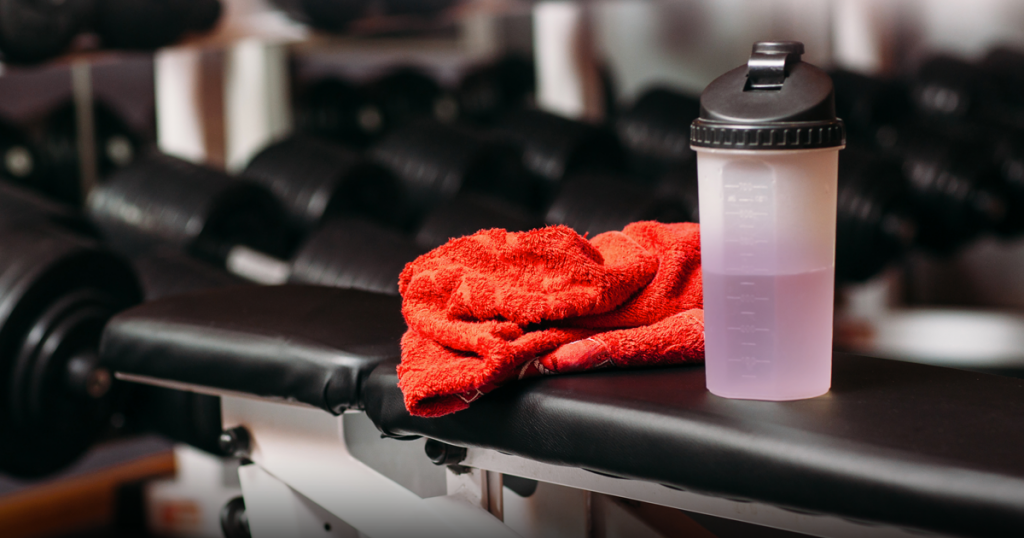What is Glutamine?
Glutamine is an amino acid that belongs to the group of non-essential amino acids as our body can synthesize it endogenously on its own. Glutamine is the most abundant and flexible amino acid in the body while most of it is stored in the muscles. It serves as fuel for cells of the immune system while its consumption by the body is an important indicator (similar to glucose) for the state of health. In cases of injuries, burns, recovery from surgery, exhaustion of athletes from exercise, where the glutamine reserves in the body are depleted, doctors give a glutamine supplement. In addition to the muscular, immune, and nervous system, glutamine also plays an important role in the intestinal system.
Why athletes love 💙 Glutamine
Glutamine like any amino acid is the basic building block of proteins. It is an amino acid that is produced and consumed by various tissues and organs in the body constantly.
When the body is in a catabolic state such as illness, injury, burn, sepsis, surgery, strenuous exercise, the glutamine that is produced endogenously is not enough to meet the needs of our body. Because in these cases, glutamine is drawn from the muscles by deconstructing them, glutamine is a well-known supplement to athletes and bodybuilders as it protects the muscles from loss, helps in recovery, reduces the feeling of soreness after intense workouts, and strengthens the Athletes’ immune system.

The glutamine mechanism in muscles
In such cases, by taking a glutamine supplement, we reverse the catabolic state, protecting one of its basic stores, namely our muscles. For this reason, it has been suggested by the scientific community that glutamine should not be considered a “non-essential” amino acid but under conditions necessary.
Organs & systems where Glutamine is involved
Skeletal Muscles

Skeletal muscle is made up of 60% Glutamine, making it the body's largest store of glutamine.
Lungs

The lungs consume and release glutamine. In catabolic state, the lungs release large amounts of glutamine.
Liver

The liver is the second largest store after skeletal muscle, but this only applies in healthy conditions. In catabolic state the liver only consumes glutamine in order to cope.
Immmune System

Glutamine is the fuel of the immune system. Almost all immune cells rely on glutamine to function properly.
Gut

Both the small and large intestines are able to metabolize large amounts of glutamine provided by both diet and / or blood circulation. Glutamine for the intestine is quantitatively more important than glucose as an energy substrate.
Brain

The brain uses glutamine as a substrate for neurotransmitters and as an energy source for the nervous system. The supply of glutamine to the brain depends mainly on the availability of glutamine in the blood plasma.
Foods Sources of Glutamine
A balanced diet provides enough glutamine and essential amino acids for the body under normal conditions. Foods rich in glutamine are meat, milk, eggs, soy. Red cabbage, rice, corn, and green leafy vegetables follow with smaller amounts of glutamine. On average, the glutamine we need from our diet is 3-6 grams per day.

Beef
Quantity: 100 gr
Glutamine: 1.2 gr
Calories: 250 kcal

Eggs
Quantity: 2 medium (100gr)
Glutamine: 0.6 gr
Calories: 120 kcal

Tofu
Quantity: 100g
Glutamine: 0.6 gr
Calories: 80 kcal

Corn
Quantity: 100g
Glutamine: 0.4 gr
Calories: 100 kcal

Milk 2%
Quantity: 100ml
Glutamine: 0.3 gr
Calories: 45 kcal

Red Cabbage
Quantity: 100g
Glutamine: 0.2 gr
Calories: 25 kcal
Glutamine as an anti-fatigue amino acid in sports nutrition
In a 2019 study, they combined and analyzed data from 55 studies on the effect of glutamine on athlete fatigue. Most of these studies have found that glutamine:
- Significantly improves some fatigue marks like increasing glycogen synthesis and reducing ammonia accumulation
- But glutamine had no effect on athletic performance
Fatigue is defined as the inability to maintain endurance and strength, reducing physical performance. The main causes of fatigue are:
- accumulation of protons in the muscle cell
- depletion of energy sources (eg phosphocreatine and glycogen)
- accumulation of ammonia in the blood and tissues
- oxidative stress
- muscle damage
- and changes in the composition of neurotransmitters (such as an increase in serotonin and a decrease in dopamine)
Researchers believe that glutamine could delay fatigue through a variety of mechanisms:
- Glutamine is one of the most abundant glycogenic amino acids in humans and animals, which has a significant influence on Krebs cycle replenishment and gluconeogenesis through the activation of glycogen synthase
- glutamine is considered to be a direct stimulant of glycogen synthesis
- this amino acid is the major non-toxic carrier of ammonia, preventing the accumulation of this metabolite
- Glutamine prevents muscle damage and is considered an indirect antioxidant by stimulating glutathione synthesis
The most important conclusions of the study:

-
Glutamine supplementation appears to increase muscle glycogen synthesis and reduce exercise-induced ammonia accumulation, especially when administered for long periods (more than 5 consecutive days). However, in terms of glycogen synthesis, more research is needed to demonstrate a greater effect of glutamine compared to carbohydrate or creatine monohydrate supplements.
-
Glutamine supplements appear to weaken markers of muscle damage, such as levels of CK (creatine kinase) in the blood and LDH ("bad" cholesterol).
-
These properties of glutamine are especially interesting for athletes who do strenuous and prolonged exercise.
-
Despite some improvements in fatigue, glutamine supplements appear to have limited effects on physical performance.
-
Supplements containing glutamine with many other nutrients appear to have ergogenic effects. However, it is not possible to attribute these properties to glutamine alone.
-
Finally, the L-alanyl-L-glutamine supplement (glutamine-alanine dipeptide) can be used as an alternative to increase glutamine availability. In addition, due to its high stability, this dipeptide is a suitable choice included in commercial products. Nevertheless, it is important to emphasize that more research is needed to support the anti-fatigue potential of glutamine supplements.
Links & Sources
- Lenders CM, Liu S, Wilmore DW, et al. Evaluation of a novel food composition database that includes glutamine and other amino acids derived from gene sequencing data. Eur J Clin Nutr. 2009;63(12):1433-1439. doi:10.1038/ejcn.2009.110
- Cruzat, Vinicius et al. “Glutamine: Metabolism and Immune Function, Supplementation and Clinical Translation.” Nutrients vol. 10,11 1564. 23 Oct. 2018, doi:10.3390/nu10111564
- Oliveira GP, de Abreu MG, Pelosi P, Rocco PR. Exogenous Glutamine in Respiratory Diseases: Myth or Reality?. Nutrients. 2016;8(2):76. Published 2016 Feb 4.
- The impact of glutamine supplementation on the symptoms of ataxia-telangiectasia: a preclinical assessment Jianmin Chen, Yanping Chen, Graham Vail, Heiman Chow, Yang Zhang, Lauren Louie, Jiali Li, Ronald P. Hart, Mark R. Plummer & Karl Herrup
- Coqueiro AY, Rogero MM, Tirapegui J. Glutamine as an Anti-Fatigue Amino Acid in Sports Nutrition. Nutrients. 2019 Apr 17
- Glutamine: Benefits, Uses and Side Effects -Healthline
- L Glitamine- What does Glutamine Do (YouTube video)
